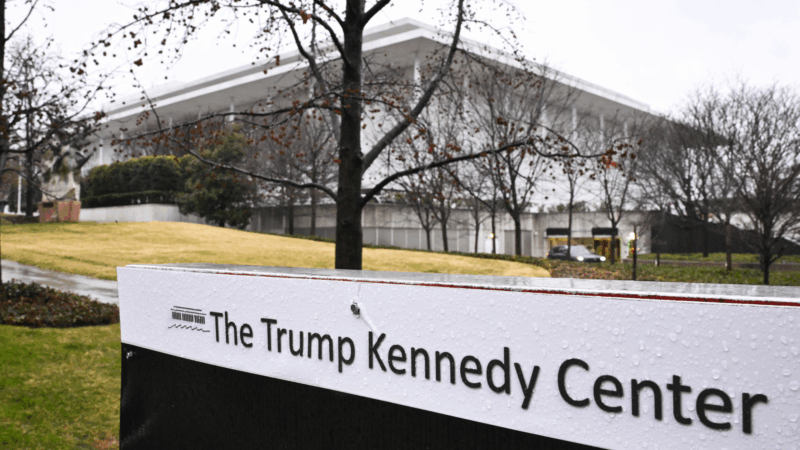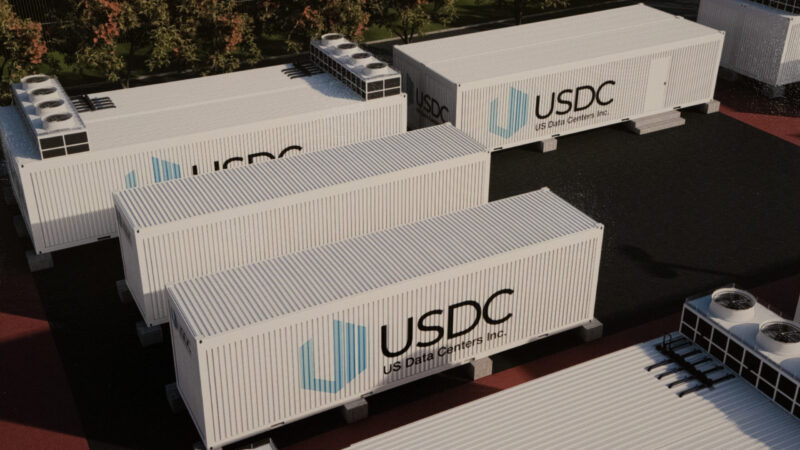WBHM Politics: Tariffs and China
When someone buys an Alabama-made car or an Alabama-grown soybean, that person isn’t always an American. In fact, the state says Alabama companies exported almost $22 billion-worth of goods and services last year. The second largest market is China. That’s why the trade spat between the United States and China has some folks in Alabama concerned.
It was sparked by President Trump’s decision in March to apply tariffs on some foreign-made steel and aluminum. China responded with its own set of tariffs on a range of American products. Both sides have threatened further action.
We explore the stand off with the Alabama International Trade Center’s Carolyn Turner, the Alabama Farmers Federation’s Mitt Walker and UAB business professor Josh Robinson.
Listen here or subscribe on Apple Podcasts, Stitcher, Google Play or NPR One.
‘The miracle’: A 6-year-old walked away from the train wreck that killed her family
Her parents, brother and cousin were killed in the collision, but the girl was found walking barefoot on the tracks. She's being cared for by grandparents after receiving three stitches in her head.
Here’s who’s canceled their Kennedy Center performances since Trump took over
The Martha Graham Dance Company is just the latest to say they will no longer perform at the Kennedy Center since Trump took over last year.
An Alabama mayor signed an NDA with a data center developer. Read it here.
The non-disclosure agreement was a major sticking point in a lively town hall that featured city officials, data center representatives and more than a hundred frustrated residents.
The divorce between the U.S. and WHO is final this week. Or is it?
The U.S. is the only country allowed to withdraw from the World Health Organization. And Jan. 22 is the day when Trump's pullout announcement should go into effect. But ... it's complicated.
Trump’s Board of Peace has several invited leaders trying to figure out how it’ll work
It's unclear how many leaders have been asked to join the board, and the large number of invitations being sent out, including to countries that don't get along, has raised questions about the board's mandate and decision-making processes.
Researchers find Antarctic penguin breeding is heating up sooner
Warming temperatures are forcing Antarctic penguins to breed earlier and that's a big problem for two of the cute tuxedoed species that face extinction by the end of the century, a study said.







